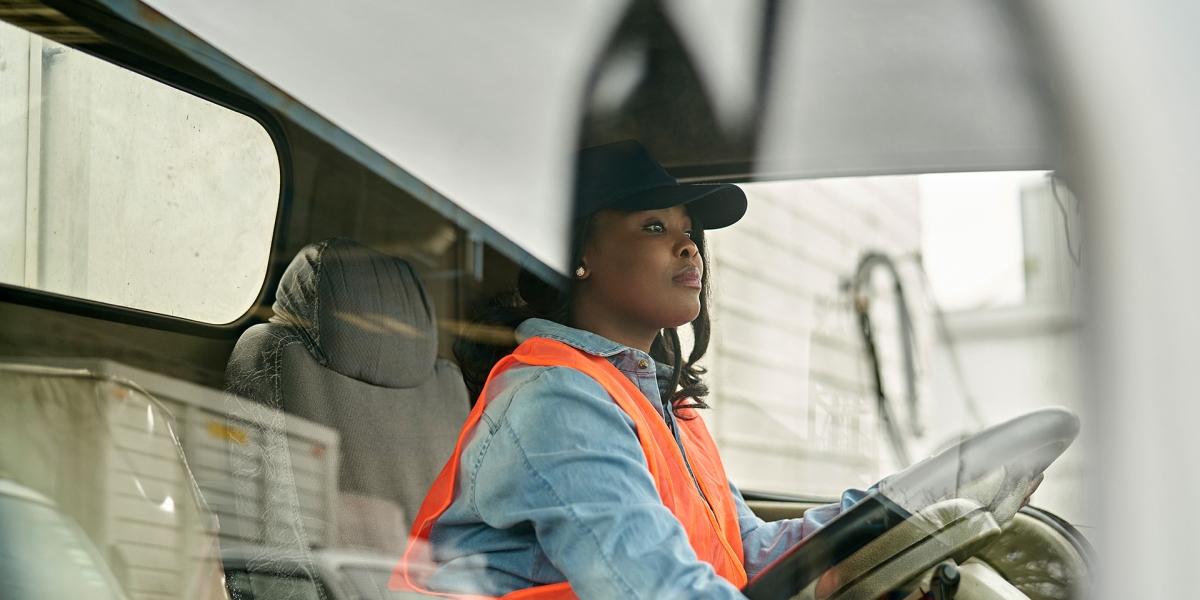Background
On June 17, 2021, Colorado’s governor signed S.B. 21-260 into law, and it contains a new fee that sellers of taxable goods into Colorado need to be aware of1. The new law, effective July 1, 2022, imposes a flat retail delivery fee of $0.27 on all deliveries by motor vehicle in Colorado with at least one item of tangible personal property that is subject to sales or use tax.
The law notes the substantial increase in vehicles on Colorado’s roadways to make retail deliveries, including fleet vehicles that are a major cause of increased air pollution. The retail delivery fee is being imposed in lieu of regulation that would limit retail deliveries, instead providing funding to mitigate the effects of increased pollution and emissions from vehicles as the state pushes toward more widespread adoption of electric motor vehicles. In addition to expanding and renaming one existing enterprise fund to “Statewide Bridge and Tunnel Enterprise,” the law separately established four new enterprise funds2: (1) Community Access, (2) Clean Fleet, (3) Clean Transit, and (4) Air Pollution Mitigation. These five enterprise funds, in addition to the General Fund, assess the $0.27 retail delivery fee pursuant to the following breakout:
| Fee Type | Rate July 2022 to June 2023 |
|---|---|
| Community Access | $ 0.069 |
| Clean Fleet | $ 0.053 |
| Clean Transit | $ 0.030 |
| General | $ 0.084 |
| Bridge and Tunnel | $ 0.027 |
| Air Pollution Mitigation | $ 0.007 |
| Total Retail Delivery Fee | $ 0.27 |
Retail Delivery Fee
The retailer or marketplace facilitator that arranges delivery of a taxable item and is responsible for collecting sales or use tax on the item is liable to collect and remit the retail delivery fee3. A third-party delivery service that collects sales and use tax would also be required to collect and remit the retail delivery fee. The $0.27 retail delivery fee itself must be separately stated on the customer’s invoice and must be called “retail delivery fees”4. The Colorado Department of Revenue (“Department”) explains that if every item in a delivery sale is exempt from sales tax, the retail delivery fee is not required to be collected5. However, if at least one item in the delivery sale is taxable, the retail delivery fee is required to be collected. The retail delivery fee is not refundable, and no credit may be taken by retailers for retail delivery fees on items that are returned. Each retail sale for delivery is considered a “single” retail delivery regardless of how many individual shipments are necessary to ultimately deliver the items of tangible personal property to their final destination6.
Compliance
Effective July 1, 2022, the $0.27 retail delivery fee should be imposed on all deliveries by motor vehicle to a location in Colorado on tangible personal property that is subject to sales tax. Similar to the application and reporting of sales tax, the retail delivery fee must be remitted to the Department, along with the filing of the new Retail Delivery Fee Return (Form DR 1786). This new filing is due on the same filing schedule as the sales tax filing, i.e., monthly, quarterly, or annual basis. The Department will automatically register taxpayers for a retail delivery fee account by July 1, 2022, if they have an active sales tax account, a retailer’s license, and have reported sales tax liability after January 1, 2021. The Department will also automatically register taxpayers with any open out-of-state retailers or retailer’s use accounts. On the Department’s website, the Department has provided a list of Frequently Asked Questions and answers for additional information7.
Conclusion
In advance of the July 1 effective date, taxpayers who deliver tangible personal property into Colorado via a motor vehicle should review and update their internal tax and ERP systems to collect this fee. Taxpayers should also update their billing systems to ensure compliance with the requirement that the retail delivery fee is separately stated on each invoice. We recommend contacting your sales tax software provider to determine how they plan to handle the new retail delivery fee and ensure (a) no duplication of the fee on customer invoices and (b) that the fee is not included in the tax base when calculating the sales tax due on a customer’s invoice. It is critical for taxpayers with a high volume of e-commerce sales into Colorado to timely update their systems to begin properly collecting and remitting the retail delivery fee. Failure to collect such fee would add a substantial out-of-pocket cost to taxpayers.
1 https://leg.colorado.gov/bills/sb21-260
2 Colorado Rev. Stat. § 43-4-218(2)(a)
3 Colorado Rev. Stat. § 43-4-218(3)(a)
4 Colorado Rev. Stat. § 43-4-218(6)(b)
5 Colorado Rev. Stat. § 43-4-218(3)(c)
6 Colorado Rev. Stat. § 43-4-218(2)(e)

